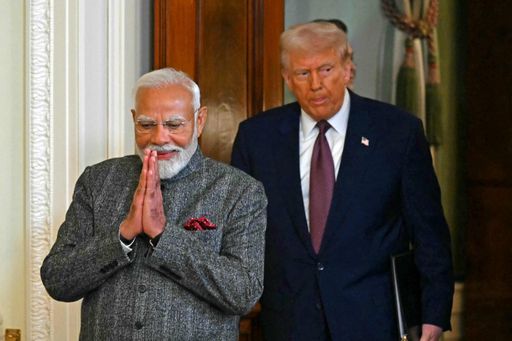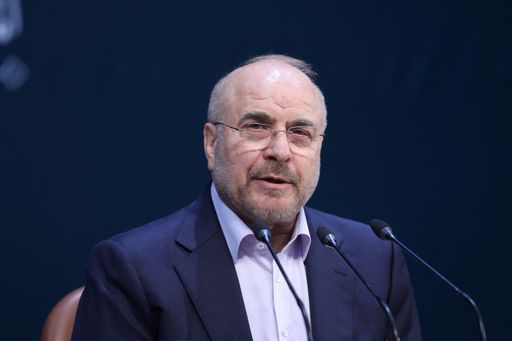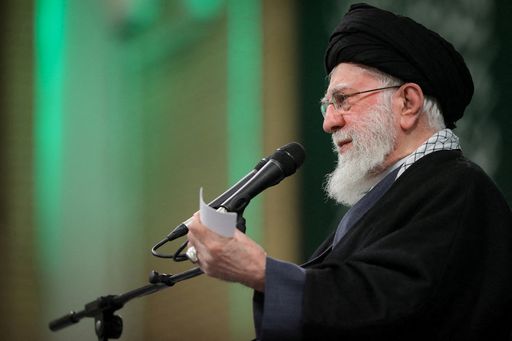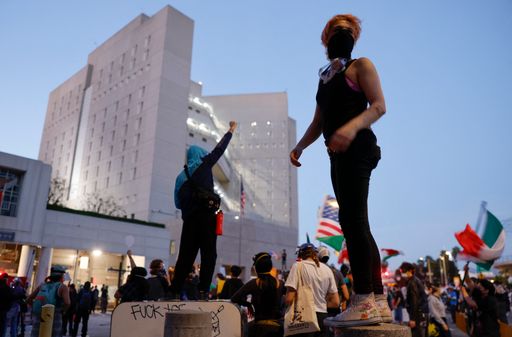Sport
Dollar
0,0000
%Euro
0,0000
%Gram Gold
0,0000
%Quarter Gold
0,0000
%Silver
0,0000
%Eight years after Myanmar’s army launched a violent campaign to erase the Rohingya, the global community has done little to bring the perpetrators to book.
On this day, August 25, eight years ago, the Myanmar army launched a campaign of genocidal violence against the Rohingya in their ancestral home in western Myanmar, bordering Bangladesh.
The scorched-earth campaign led to a violent mass eviction of over 740,000 Rohingya in the fall of 2017, while 300 villages were razed in the name of “security clearance operations” against “Muslim terrorists”.
At the time, Myanmar’s civilian government was headed by Aung San Suu Kyi, who officially endorsed the ethnic cleansing and defended it globally, using her high offices as state counsellor and foreign minister.
When the exodus subsided, we both travelled to Cox’s Bazaar in Bangladesh – which now houses one of the world’s largest refugee camps – and met and heard first-hand tales of mass rape, slaughter, arson and violent expulsion from scores of Rohingya survivors.
For the Rohingya, the Myanmar genocide is still ongoing.
They have no rights or protections, nor any real prospect of return – not dissimilar to what the Palestinians are facing in their own homeland.
A global failure
Eight years on, one unmistakable lesson we draw is the pattern of repeated failures of the international system of political states – and its principal judicial organ, the International Court of Justice (ICJ) – to hold the culpable states to account.
This has directly resulted in the conditions of impunity for further crimes in Myanmar. These patterns of impunity also extend beyond Myanmar to other contemporary atrocity crimes.
In Gaza, for instance, a staggering 83 percent of those killed in Israel’s bogus “urban warfare” against Hamas are civilians, according to a leaked Israeli military report.
Myanmar, like Israel, is in the merit phase of its genocide case initiated by Gambia at the ICJ, after the court unanimously determined that the initial evidence of genocide met the court’s standard of plausibility of Myanmar breaching the Genocide Convention in its treatment of the Rohingya.
In January 2020, the ICJ declared 600,000 Rohingya still inside Myanmar a protected group and ordered Yangon to prevent any further violence against the group.
However, since then, the impunity in Myanmar has only increased. In preventing further acts of genocide, the principal judicial organ of the United Nations has categorically failed.
Genocide against the Rohingya is proceeding much faster than the ICJ’s legal proceedings.
Since the coup of 2021, during which the Myanmar military ousted Suu Kyi and her twice-elected civilian government, the junta has been committing war crimes across the length and breadth of the country against other ethnic minorities and anti-coup political opposition.
Meanwhile, as armed conflicts engulf the country, more perpetrators have emerged who target Rohingya civilians.
The Arakan Army, an ethnic Rakhine Buddhist militia that has seized control of large parts of Rakhine state, today stands credibly accused by the UN and international human rights watchdogs of mass slaughter and persecution of those Rohingya who remain in the province.
Comments
No comments Yet




















Comment